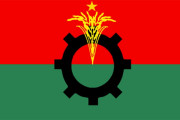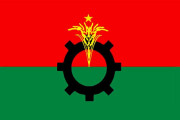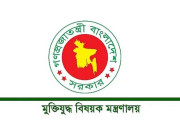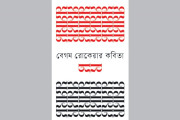The Maldives has recorded nearly 1,400 coronavirus infections among a population of 340,000, a much higher ratio than neighbouring Sri Lanka with 22 million people
Tens of thousands of impoverished foreign labourers have been left stranded and ostracised in one of the world’s most densely packed cities as the tourist paradise of the Maldives battles coronavirus.
The turquoise waters and pristine beaches that draw honeymoon couples from around the world have been empty for weeks since a government order to close all resorts. That has left an army of migrant workers jobless.
Like Singapore, which recorded a large number of coronavirus cases among migrants living in tightly-packed dorms, the Maldives is heavily dependent on foreign labour.
About half of the 150,000 people in the two square kilometres that make up the capital, Male, are workers from Bangladesh, India and Sri Lanka living in teeming alleys that are a haven for the virus.
“There is huge uncertainty and panic,” said Zakir Hossain, 39, who had worked in a Male restaurant until March’s shutdown.
He said he has not been paid for more than two months.
“We are worried about the disease. All the Bangladeshi workers live in congested conditions,” he said.
Like many migrants — who share rooms and even beds between shifts — Hossain lives in a single room on a backstreet with four other Bangladeshis.
Outside, security forces stop the labourers going out on the streets.
Authorities acknowledge conditions in Male for foreign workers are poor, and say they are moving thousands into better housing out of the capital.
But opposition politicians have criticised the plans, labelling the treatment of such workers as “inhuman”.
Family fears
The Maldives has recorded nearly 1,400 coronavirus infections among a population of 340,000, a much higher ratio than neighbouring Sri Lanka with 22 million people.
Some experts have warned the Maldives risks thousands more cases unless action is taken. Authorities say the infection spreads three times faster in migrant communities than in the local population.










































































































































































